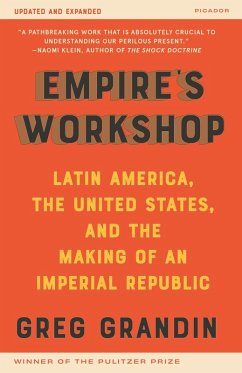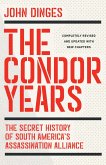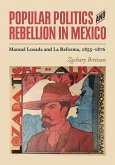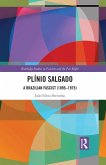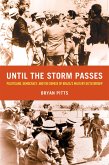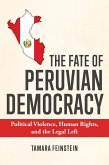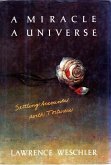An eye-opening examination of Latin America's role as proving ground for U.S. imperial strategies and tactics
In recent years, one book after another has sought to take the measure of the Bush administration's aggressive foreign policy. In their search for precedents, they invoke the Roman and British empires as well as postwar reconstructions of Germany and Japan. Yet they consistently ignore the one place where the United States had its most formative imperial experience: Latin America.
A brilliant excavation of a long-obscured history, Empire's Workshop is the first book to show how Latin America has functioned as a laboratory for American extraterritorial rule. Historian Greg Grandin follows the United States' imperial operations, from Thomas Jefferson's aspirations for an "empire of liberty" in Cuba and Spanish Florida, to Ronald Reagan's support for brutally oppressive but U.S.-friendly regimes in Central America. He traces the origins of Bush's policies to Latin America, where many of the administration's leading lights-John Negroponte, Elliott Abrams, Otto Reich-first embraced the deployment of military power to advance free-market economics and first enlisted the evangelical movement in support of their ventures.
With much of Latin America now in open rebellion against U.S. domination, Grandin concludes with a vital question: If Washington has failed to bring prosperity and democracy to Latin America-its own backyard "workshop"-what are the chances it will do so for the world?
In recent years, one book after another has sought to take the measure of the Bush administration's aggressive foreign policy. In their search for precedents, they invoke the Roman and British empires as well as postwar reconstructions of Germany and Japan. Yet they consistently ignore the one place where the United States had its most formative imperial experience: Latin America.
A brilliant excavation of a long-obscured history, Empire's Workshop is the first book to show how Latin America has functioned as a laboratory for American extraterritorial rule. Historian Greg Grandin follows the United States' imperial operations, from Thomas Jefferson's aspirations for an "empire of liberty" in Cuba and Spanish Florida, to Ronald Reagan's support for brutally oppressive but U.S.-friendly regimes in Central America. He traces the origins of Bush's policies to Latin America, where many of the administration's leading lights-John Negroponte, Elliott Abrams, Otto Reich-first embraced the deployment of military power to advance free-market economics and first enlisted the evangelical movement in support of their ventures.
With much of Latin America now in open rebellion against U.S. domination, Grandin concludes with a vital question: If Washington has failed to bring prosperity and democracy to Latin America-its own backyard "workshop"-what are the chances it will do so for the world?
Dieser Download kann aus rechtlichen Gründen nur mit Rechnungsadresse in D ausgeliefert werden.

